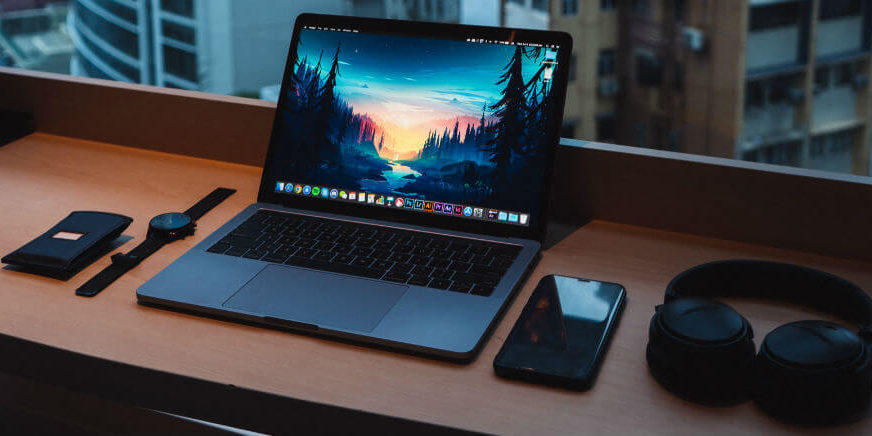The Internet of Things (IoT) space is currently one of the most exciting segments in the tech world. The technology is evolving rapidly, connecting mobile, home and business devices with each other. In fact, the global IoT market is expected to reach nearly $250 billion by the end of 2018 and more than $457 billion by the end of 2020, according to Statista.
Companies in various industries are using IoT to increase their profits and add new revenue opportunities, making it a highly valuable business investment. Let’s take a look at some of the Internet of Things future trends you should be aware of as the industry continues its rapid expansion.
Internet of Things Future Trends: Enterprise IoT to Expand
In the coming years, consumer-based IoT will likely slow down as some companies have failed to strike gold with their consumer IoT strategies. While the last five years have been kind to the consumer IoT space, the funding growth has been decreasing recently.
On the other hand, enterprise IoT applications are growing in popularity as businesses seek to cut expenses in administration, sales and manufacturing. IoT devices and applications can help bolster employee productivity by optimizing business processes and freeing up workers to focus on more creative endeavors.
Here are some of the industries where IoT is becoming particularly prominent:
- Retail: Interconnected devices can streamline the process of stocking warehouses, packing, and tracking fleets.
- Manufacturing: By connecting AI software to manufacturing devices, IoT can create clearer communication channels in a manufacturing plant, reducing bottlenecks and ensuring shipments leave and arrive on time.
- Construction: Connecting IoT applications with construction equipment can help cut down on expenses.
- Agriculture: Farming equipment can be programmed to coordinate its actions with other devices in order to make the process faster and more efficient.
While IoT technology will still play a large role in the consumer world, there is more room for growth over the next few years in the enterprise and industrial spaces. By connecting devices and equipment, the technology is streamlining business processes and reducing expenses.
Improved Security for IoT
As the role of IoT grows, data protection will become increasingly important. IoT devices such as smart home hubs and wearable devices are big targets for hackers. There are so many devices out there that it is difficult to control and monitor all of them.
Developers will tackle this issue by establishing more frequent and automated updates on each device. These updates and patches will eliminate common security vulnerabilities in IoT devices while also offering more advanced firewalls that block the latest, most sophisticated cyber attacks.
In addition, blockchain technology could greatly ameliorate IoT security problems. The technology has cryptographic algorithms which add a robust layer of protection to consumer data. Blockchain also makes it possible to manage, track and coordinate real-world devices linked up to IoT. In this way, blockchain allows connected IoT devices to organize, store and share data streams in a more reliable and secure manner.
Expanding the Role of Artificial Intelligence and Machine Learning
As IoT continues to grow, devices will be dealing with even more data. Businesses will have to find a way to gather, store and process all this additional data. A good way to do so is with machine learning.
Machine learning will extract valuable insights about this data, while predictive analytics can use these insights to make predictions. Then, these predictions can be leveraged to create the right configuration of settings and processes for consumers and workers.
Artificial intelligence (AI) is also slated to become a more integral part of IoT. We’re all familiar with Siri, Alexa and Google Assistant in smart home hubs and smartphones. However, we can expect even more IoT devices to adopt virtual assistants. Natural language processing is making these virtual assistants more sophisticated, as they can now understand accents and language nuances with greater accuracy. Expect the technology to pop up in smart refrigerators, TVs, cars, home robots and more.
While machine learning and artificial intelligence are already important elements of IoT devices, developers have only started to tap into the full potential of these technologies. We can expect the role of these technologies in the Internet of Things to increase over the coming years, creating a more connected technological world.
As we head towards a more connected future, the 7T development team can assist you by creating applications designed for the Internet of Things space. In addition, we are experienced with some of the most innovative technologies available, including artificial intelligence, blockchain, augmented reality and virtual reality.
7T is headquartered in Dallas, but we also work with clients in Austin, Houston, and across the nation. To discuss your IoT project, please contact us today.








